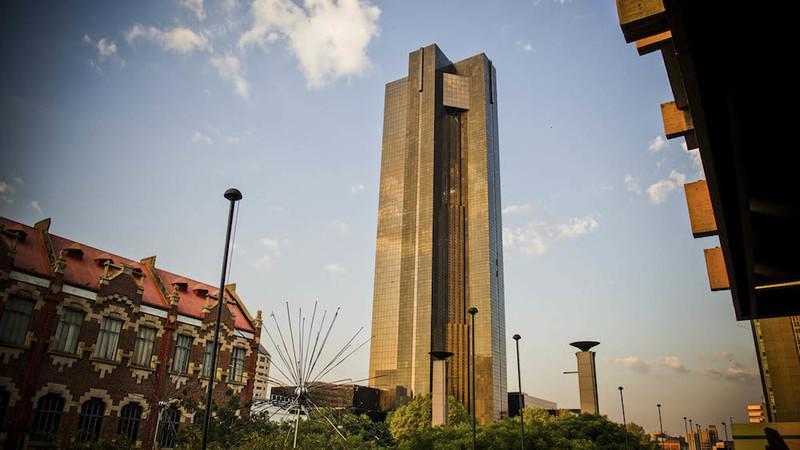
South Africa, whose debt is rated as “junk” or non-investment grade by credit rating agencies Fitch and S&P, has escaped a third junk rating from Moody’s which suggested the country’s economic outlook was set to improve under its new President Cyril Ramaphosa.
Moody’s said in a statement that it was holding the rating on South Africa’s long-term debt at Baa3, the lowest investment grade above junk status.
But the statement, released overnight on March 23, said that the ratings agency had decided to upgrade the outlook for the country’s debt from “negative” to “stable,” meaning that a further downgrade was not on the cards.
“The confirmation of South Africa’s ratings reflects Moody’s view that the previous weakening of South Africa’s institutions will gradually reverse under a more transparent and predictable policy framework,” the statement said.
“The recovery of the country’s institutions will, if sustained, gradually support a corresponding recovery in its economy, along with a stabilization of fiscal strength.”
Ramaphosa took over as leader of the ruling African National Congress in December and became president last month.
During the nine-year tenure of his predecessor Jacob Zuma, South Africa grappled with weak growth, ballooning national debt, depressed investor confidence and record unemployment.
As result, Fitch and S&P to downgraded the country’s long-term debt ratings to non-investment grade or junk status.
But Ramaphosa has promised to get the economy back on its feet again and stamp out corruption.
In his first state of the nation speech last month, he announced an increase in value-added tax to help bring down debt.
The South African Treasury welcomed the announcement by Moody’s.
“To improve South Africa’s investment and economic prospects, the government continues to work diligently on practical steps to provide the necessary policy certainty such as the finalization of mining legislation.”
Jacob van Rensburg, economics professor at South Africa’s North-West University said the move by Moody’s was “good news for the economy.”
“The challenge to South Africa now is to wisely use the time granted by Moody’s to continue to work towards a more transparent and predictable policy framework.”